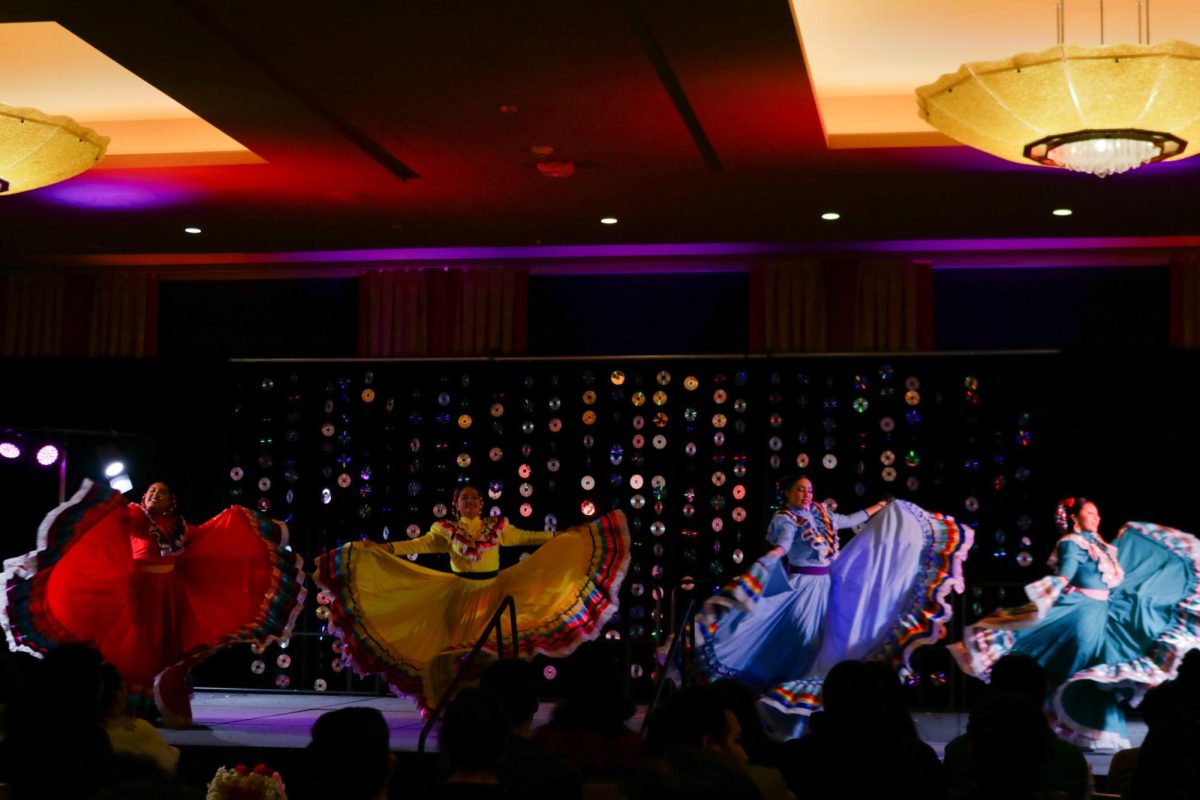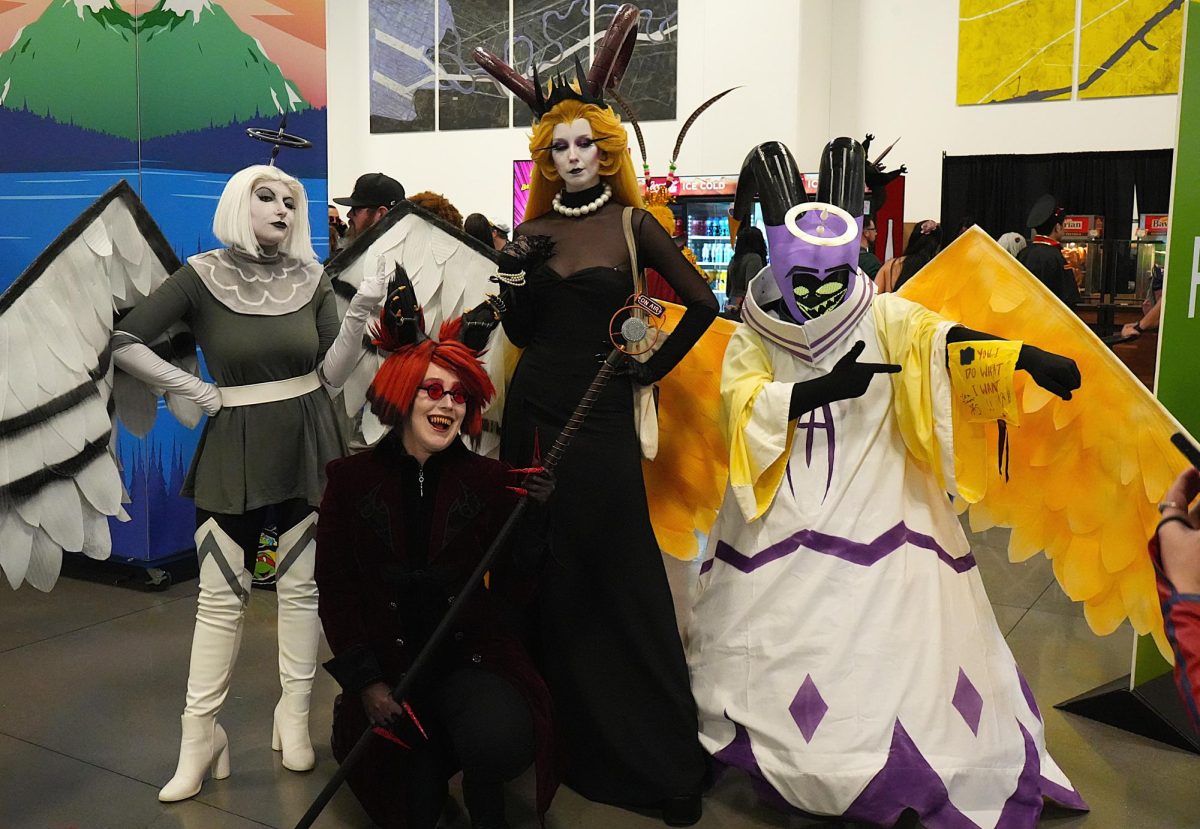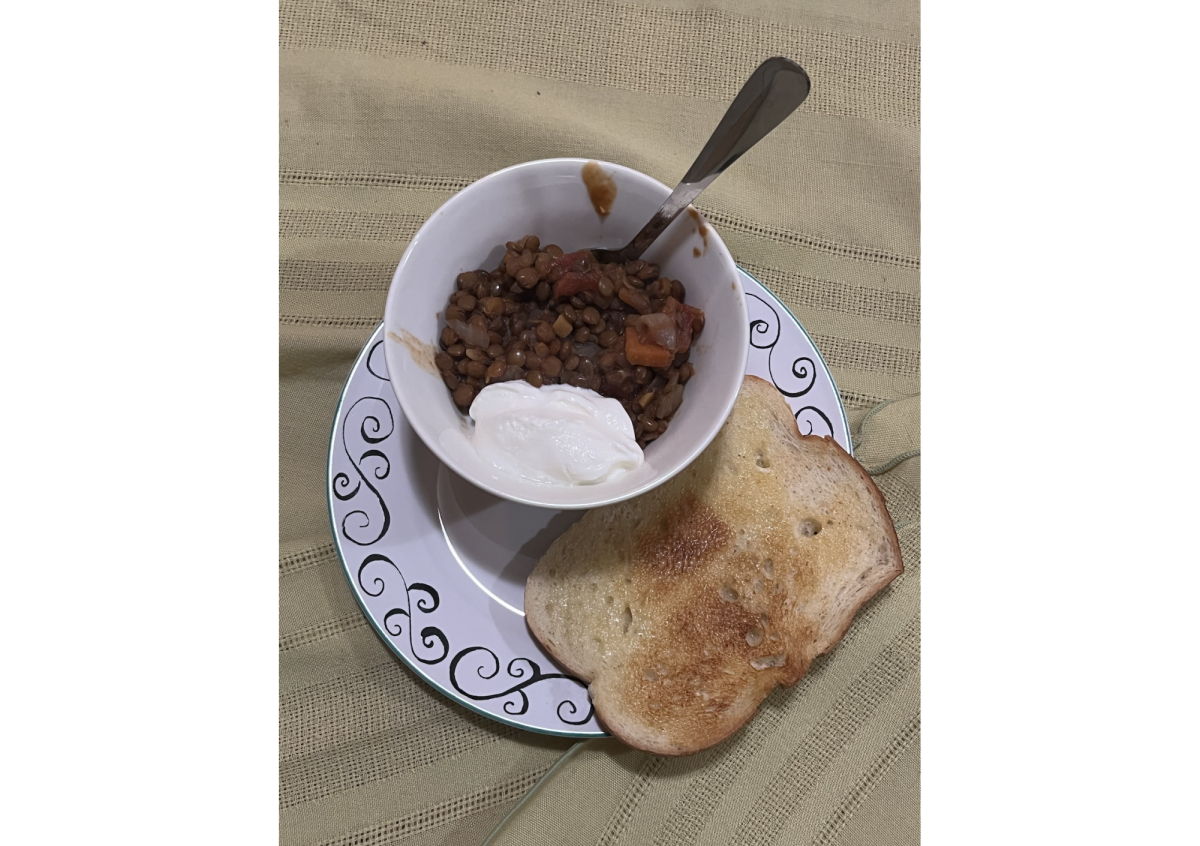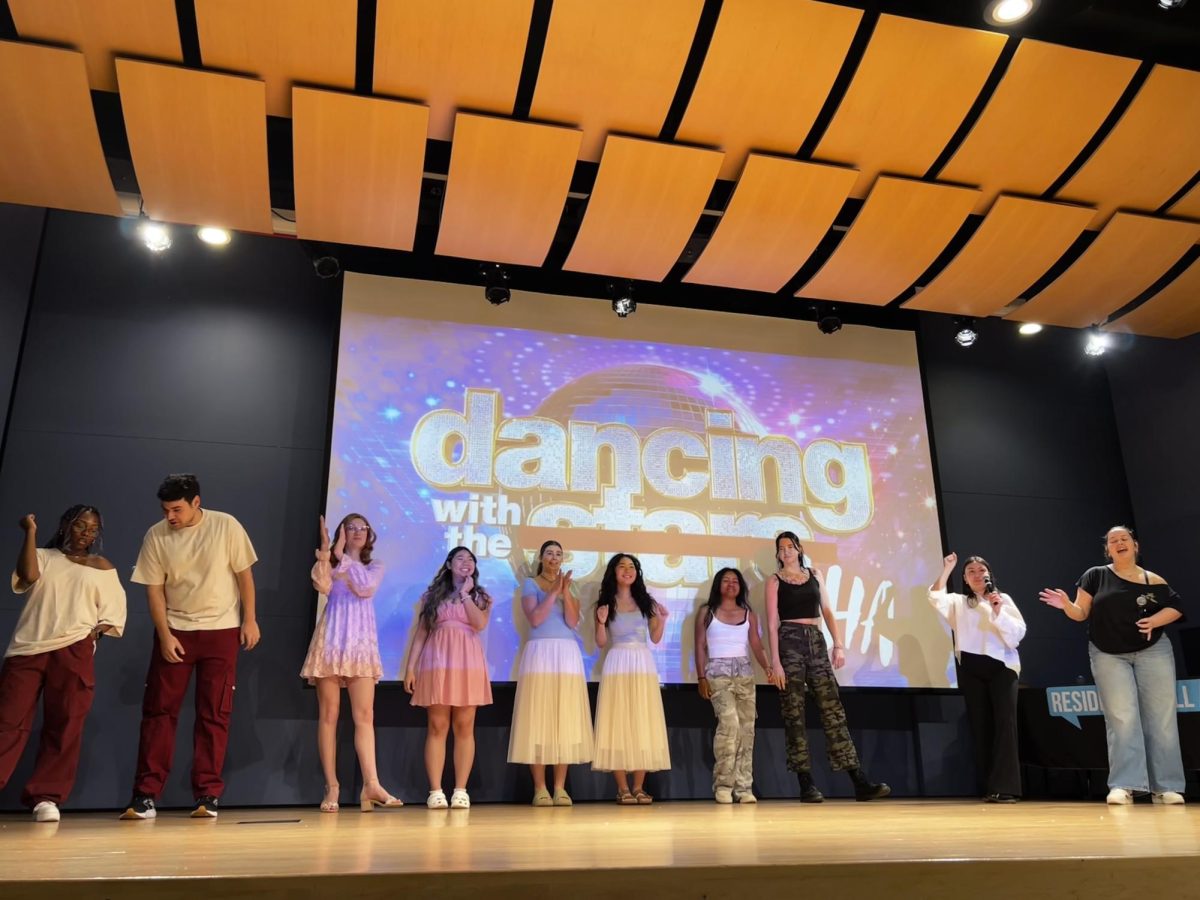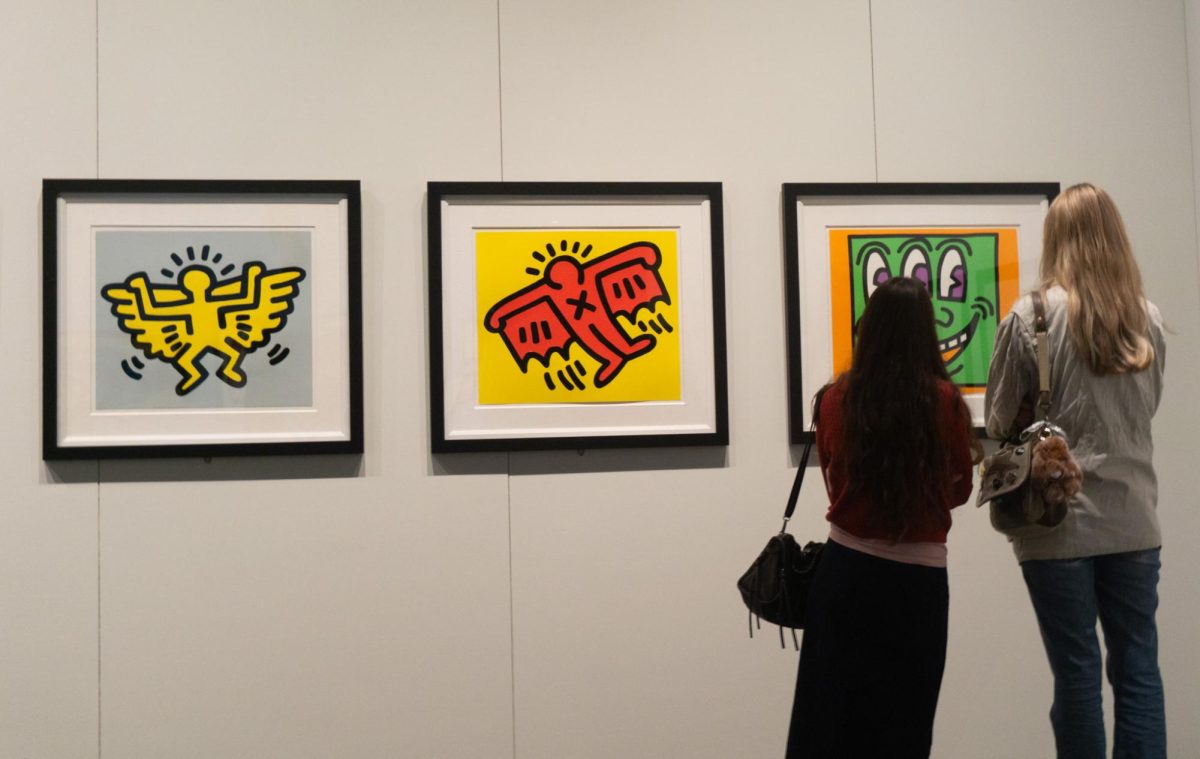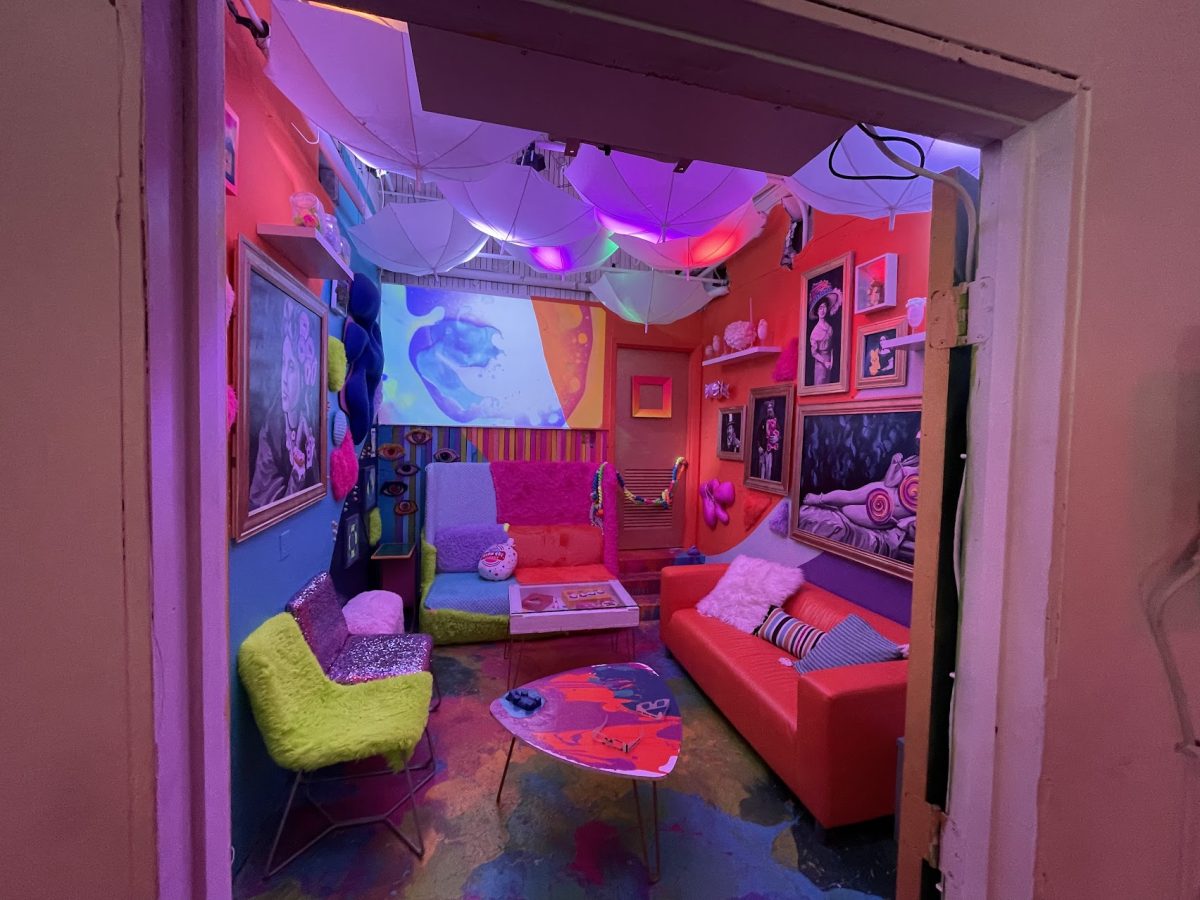Every week, six days a week, the Gay City LGBTQ Library opens it doors to the public, offering the voluminous amounts of literature to those interested in furthering their literary sphere. These works of literature aren’t considered the norm or even commonly found within one’s local library. The Gay City LGBTQ library serves the purpose of providing books on queer fiction, gender, and sexuality, working in hopes to be a valuable resource within the LGBTQ community, and those interested in educating themselves.
Nicole Gustavsen, a volunteer Librarian at the Gay City library, provided insight on how the library runs and what exactly it is they provide.
“It’s 100 percent volunteer run, 100 percent donation stocked, and is one of the largest LGBT libraries in the country,” Gustavsen said. “We got, at this point, 10,000 volumes, but a lot of them are in storage. It’s an amazing resource, and we have a really great website that has a lot of resources for people that are coming out, people that are going through gender stuff, that sort of thing.”
Gustavsen also talked on the importance of the LGBTQ library, how being a resource of this size, it’s a necessary component to the queer community, an opportunity to share and be a part of something that represents them.
“We like to see ourselves represented in literature, and it’s really valuable to have it somewhere where it all is,” Gustavsen said. Along with representation, the LGBTQ library is of value to the queer youth, a lot of whom are experiencing homelessness in these current times.
“A lot of queer youth are experiencing homelessness, and they often come to use the computers. It’s a variable to find housing, a variable to find jobs, which is a huge benefit to everybody. There’s just so much that we do for the community,” Gustaven said.
The Gay City LGBTQ Library does more than just check out books; it also provides a space for members of the LGBTQ community. Aaron Fish, a junior physics and math double major at Seattle U, shared his thoughts on what this space provides and does for the community.
“It’s great that they’re creating spaces for LGBT individuals,” Fish said. “It’s also a lot of the times the spaces though tend to be gay bars or if not 21 and over, 18+ so having something like a library where it’s open to all ages I see that as kind of supporting queer youth which I’m all for.” Fish finds that it isn’t just the spaces that are important, but proper representation of the queer community when written about within queer literature.
“A lot of the times there’s just no queer representation at all, which isn’t representative of reality, queer people exist. So there should be queer characters too,” Fish said.
Fish continued this thought by explaining that it’s not only lack of representation, but also the occurrence of “queerbaiting.” This is when an author will lead their readers to believe that there are LGBTQ characters, but then in the end have these said characters fall into the heteronormative mainstream.
“As a LGBT person being invested in a show or book or something like that and then basically in the last moment being told nope, they’re not queer, that’s stupid…It really kind of hurts you and you feel like you’re in the wrong for wanting that, for wanting representation, and for being who you are,” Fish said. Sharing a similar perspective, Kate Saaedra, a junior political science and psychology double major, explained that it’s not only the lack of honest representation that’s missing, but also having a queer character being seen for more than just their sexuality.
“I think queerness needs to be normalized a bit more. You can have an ass kicking heroine who happens to be queer and it’s not the central focus of her story. It’s not the only identity that she has that matters,” Saavedra said. “As much as my queer identity is important to me, I have other things that I care about. My ethnic identity, and my identity as a student, those all matter just as much to me, they’re all apart of who I am. I want to see that more accurately represented.”
The Gay City Library is open Monday through Friday from 11 a.m. to 8 p.m. and Saturday from 11 a.m. to 5 p.m. Whether you’re checking out, dropping by, or donating a book, it’s a stop worth making.
Shelby may be reached at
sbarnes@su-spectator.com


